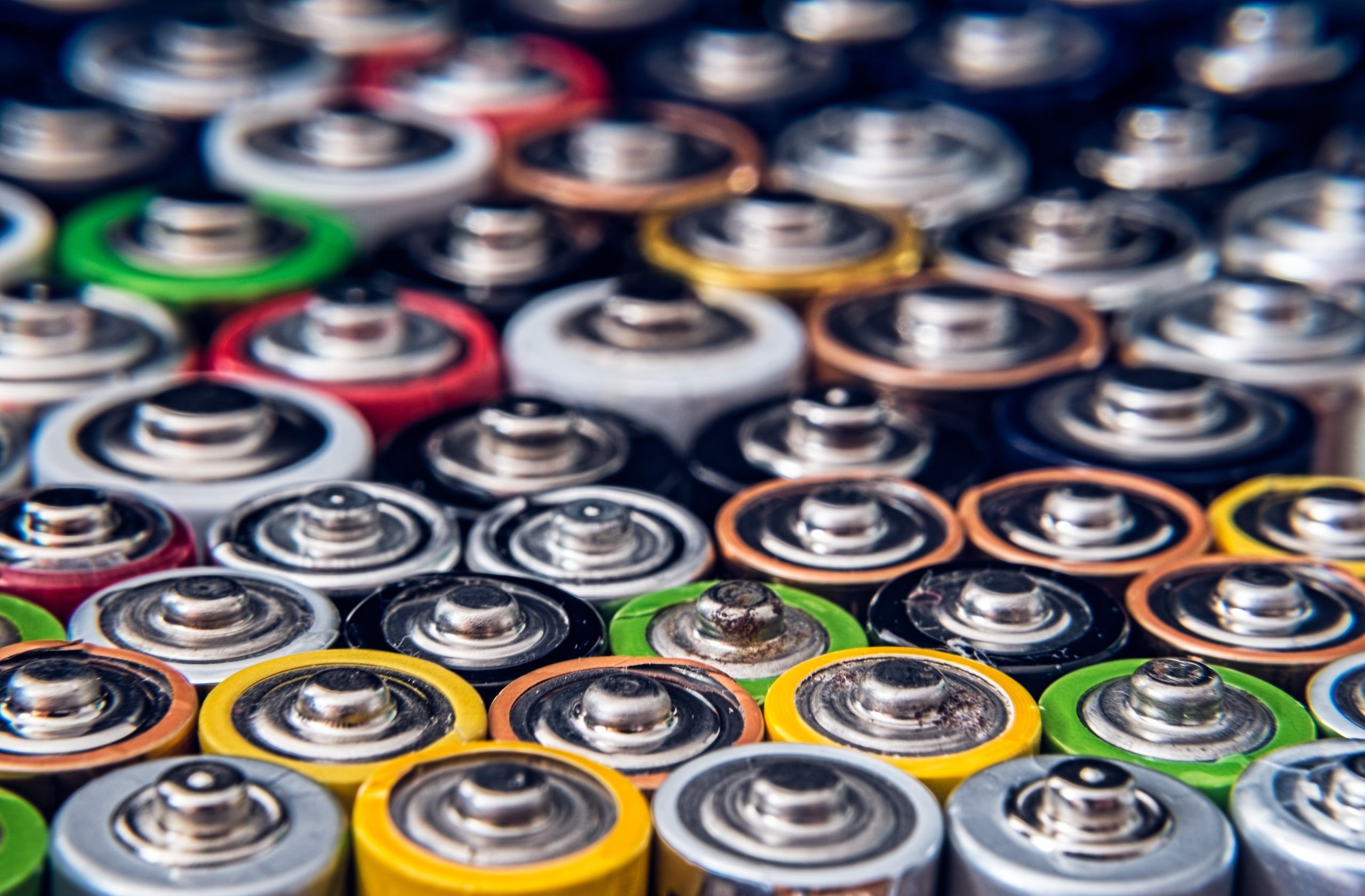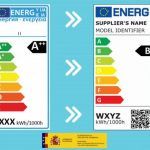The agreed rules will cover the entire battery life cycle, from design to end-of-life and apply to all types of batteries sold in the EU: portable batteries, SLI batteries (supplying power for starting, lighting or ignition of vehicles), light means of transport (LMT) batteries (providing power for the traction to wheeled vehicles such as electric scooters and bikes), electric vehicle (EV) batteries and industrial batteries.
Batteries to be easier to remove and replace, consumers better informed
Negotiators agreed on stronger requirements to make batteries more sustainable, performant and durable. According to the deal, a carbon footprint declaration and label will be obligatory for EV batteries, LMT batteries and rechargeable industrial batteries with a capacity above 2kWh.
Three and a half years after the entry into force of the legislation, portable batteries in appliances must be designed so that consumers can easily remove and replace them themselves.
To better inform consumers, batteries will carry labels and QR codes with information related to their capacity, performance, durability, chemical composition, as well as the “separate collection” symbol. LMT batteries, industrial batteries with a capacity above 2 kWh and EV batteries will also be required to have a “digital battery passport” including information on the battery model as well as information specific to the individual battery and its use.

New EU rules for more sustainable and ethical batteries |
Introduction of due diligence policy for the battery industry
According to the deal, all economic operators placing batteries on the EU market, except for SMEs, will be required to develop and implement a so-called “due diligence policy”, consistent with international standards, to address the social and environmental risks linked to sourcing, processing and trading raw materials and secondary raw materials.
Other measures foreseen by the regulation:
- Collection targets are set at 45% by 2023, 63% by 2027 and 73% by 2030 for portable batteries, and at 51% by 2028 and 61% by 2031 for LMT batteries;
- Minimum levels of recovered cobalt (16%), lead (85%), lithium (6%) and nickel (6%) from manufacturing and consumer waste must be reused in new batteries;
- All waste LMT, EV, SLI and industrial batteries must be collected, free of charge for end-users, regardless of their nature, chemical composition, condition, brand or origin;
- By 31 December 2030, the Commission will assess whether to phase out the use of non-rechargeable portable batteries of general use.
Quote
Rapporteur Achille Variati (S&D, IT) said: “For the first time, we have circular economy legislation that covers the entire life cycle of a product – this approach is good for both the environment and the economy. We agreed on measures that greatly benefit consumers: batteries will be well-functioning, safer and easier to remove. Our overall aim is to build a stronger EU recycling industry, particularly for lithium, and a competitive industrial sector as a whole, which is crucial in the coming decades for our continent’s energy transition and strategic autonomy. These measures could become a benchmark for the entire global battery market.”
Next steps
Parliament and Council will have to formally approve the agreement before it can come into force.







Leave a Reply